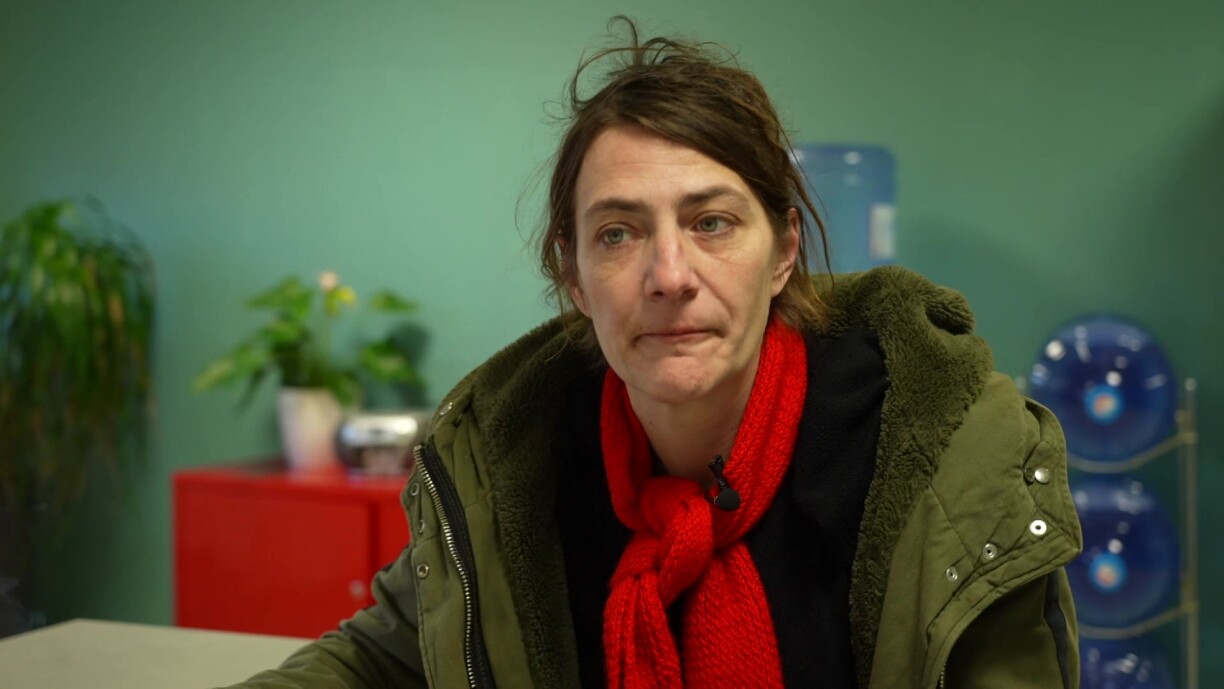
“I already thought of writing on a sign once: it is easier to be a prostitute than to put a cup in front of you and beg. Passers-by always look away and yet we are just trying to survive. There are many reasons why a person ends up on the street or becomes addicted to drugs.” These are the words of Melanie, with whom an RTL team recently met at the Abrigado shelter.
Melanie used to be a teacher, but the 43-year-old Luxembourger is now living on the streets of the capital. A few years ago, the death of her husband plunged her into a serious depression. She lost her home and her child was placed in care. Melanie sought comfort in drugs. Today, she is trying to control her use with substitute drugs, but it is far from easy.
Tania, whose life has been marked by addiction and violence, is another regular at the shelter. The 43-year-old has been homeless for years. At the moment, she sleeps in the Abrigado night shelter. She has been clean for eight months and receives substitution drugs in the morning and evening. However, she still continues struggling with her addiction to alcohol.
In the women’s group, every Monday from 10.30am to 5.30pm on the first floor of the Abrigado building, women like Melanie and Tania find a safe space where, at least for a few hours, they can sit down, eat something, talk, and simply be a woman.
“Violence, rape, fear... the drug addicts coming to our facility are all exposed to all of these dangers. They have to be extremely strong to survive on the street, because they are the most vulnerable”, explains Claudine Ponath, a nurse at Abrigado. Together with educator Tanisia Lima and another staff member, she runs the Monday group for women.
Approximately 85 women frequent Abrigado every year. The drug scene in Luxembourg is much more male-dominated, however. This makes it all the more important to offer women with addiction problems a safe space, says Lima.
“The reality is that women with addiction problems, not only to drugs, but also to alcohol and medication, are generally not accepted in women’s shelters. This is a major problem, not only in Luxembourg, but also in neighbouring countries”, stresses Abrigado director Claudia Allar.
She further highlighted the importance of opening a facility that accommodates women with such problems: “It should evidently not be a second Abrigado, but a house where they can initially eat, rest, and drink in hygienic conditions during the day. At a later stage, it should then become a 24-hour facility.”
Although such a project is said to be in the pipeline, a collaborative effort between the municipality of Luxembourg City and the relevant ministries, no timeline has yet been announced.